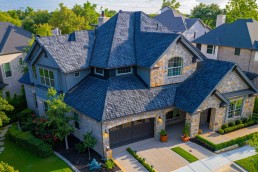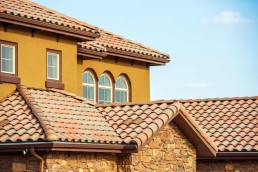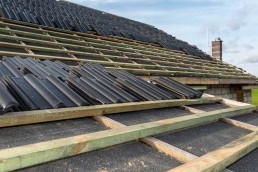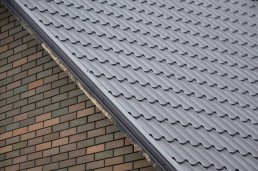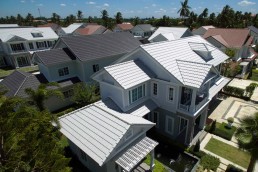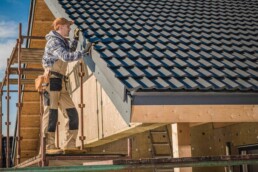Personalizing Your Home: The Art of Exterior Customization
Curb appeal. It's a phrase often thrown around in…
How Different Types of Roof Keeps Your Home Cool in Summer
Summer has arrived, and the sun readies itself…
The Most Durable Roofing Materials for High-Wind Area Homes
Living in a region prone to high winds highlights…
The Impact of Climate Change On Roofing Materials (and How To Pick The Right For You)
In a fast changing world where climate change is…


